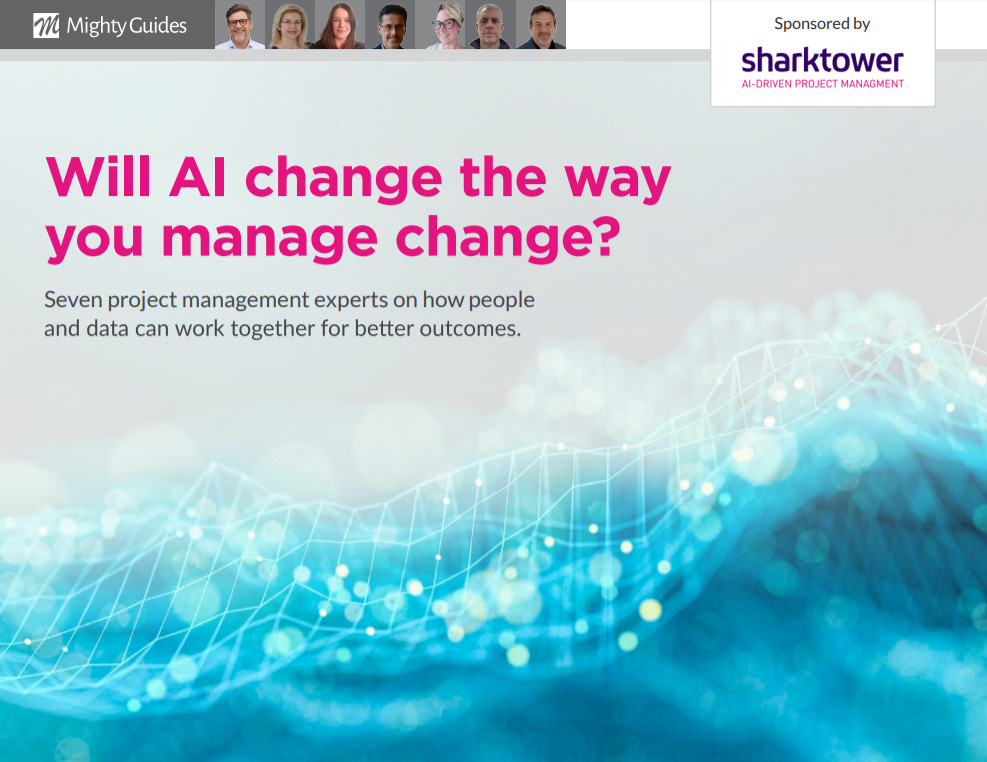
David Porter, Endeavour Programme, Managing Director
“Transparency is a rare commodity in a
complex project.”
In project management, we spend a lot of time and money forecasting what we think is going to happen. Predicting a future outcome and spotting problems are fundamental to the process because those insights drive decisions about whether interventions are needed.
Traditionally, however, we do not do a good job of project forecasting. One study looked at 3,000 projects and found that the on-time, on-budget completion rate was much less than 10 per cent. That finding suggests that whatever we are doing now to make predictions and subsequent decisions
doesn’t work well, and doesn’t seem to be very reliable.
A deeper analysis of project data shows that if your project is going well, which means that it is coming in on time and on budget, you know that by the time you are a third of the way through the project. If your project is not going well, you won’t know that until two-thirds of the way through the project. One
reason for the delay in recognising that a project is in trouble is that humans are optimistically biased. If project managers find that their project isn’t going well, they are inclined to underestimate the problem. They also try to fix it without bothering senior management. After all, that is what project managers are hired to do. Also, particularly in complex projects where time and cost overruns occur frequently, project managers often hoard and manipulate data to present the most favourable perspective on the project performance. Transparency is a rare commodity in a complex project.



